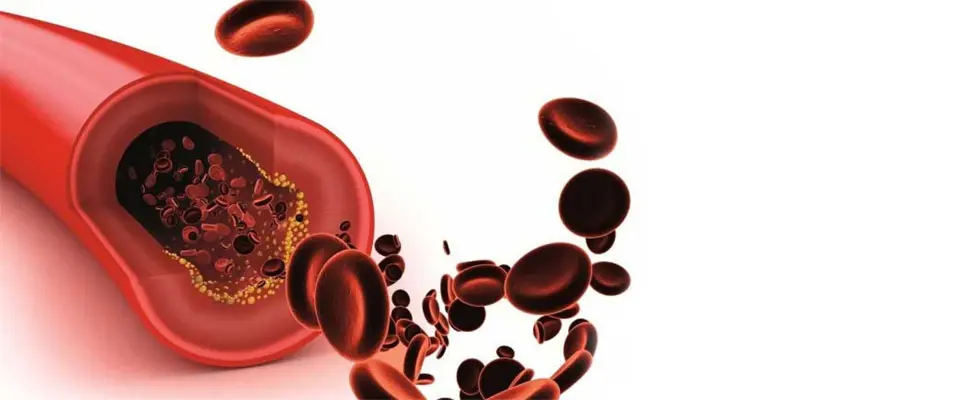
Dr Tan Hong Chang, Associate Consultant in the Department of Endocrinology, Singapore General Hospital, explains that the human body is a cholesterol factory as it needs cholesterol to function. “Cholesterol is used by the body to make cell membranes, hormones and vitamin D,” he explains. “It’s also part of the outer covering of nerves, and is a component of bile. As the body is able to make cholesterol in the liver and other organs, there is no minimum requirement for cholesterol intake.”
Good cholesterol (HDL) helps transport cholesterol from the blood to the liver, before excretion in the bile. Bad cholesterol (LDL) is deposited in the blood vessels, forming plaques in the arteries. The relative level of HDL and LDL in your blood is dependent on genetics and diet. When we refer to high cholesterol levels, we predominantly refer to the bad cholesterol, ie high LDL-cholesterol. “High cholesterol increases cardiovascular risk because cholesterol can get deposited in the arterial wall, causing narrowing and hardening of the artery, which leads to atherosclerosis,” reminds Dr Tan. The total cholesterol-to-HDL ratio is an indication of the proportion of good and bad cholesterol, and is a better indicator of cardiovascular risk than total cholesterol.
Dr Peter Eng, Consultant Endocrinologist at Peter Eng Endocrine Clinic in Mount Elizabeth Medical Centre, advises that our body needs to maintain a desirable cholesterol level of no more than 5.2mmol/L (200mg/dl). Total cholesterol levels above 6.2mmol/L (240mg/dl) or LDL-cholesterol levels above 4.1mmol/L (160mg/dl) are considered high for a person without other risks of heart disease. A person with other risk factors for heart disease—such as smoking, hypertension or diabetes—requires a lower target level.
Risk Factors
Li Guang Jun, a registered TCM physician with the Eu Yan Sang TCM Clinic at Seragoon Nex and Eastpoint Mall, comments, “In TCM, high cholesterol is thought to result from chronic mental stress or excessive emotional upheavals, which cause the liver qi to stagnate, producing “fire” that depletes yin in the liver. Consuming too much alcohol and a high-calorie diet can also damage the spleen and stomach, resulting in the build-up of toxins, phlegm and “dampness. Risk factors include a family history of high cholesterol, menopause, heavy smoking and drinking, obesity, and/or chronic conditions such as diabetes, high blood pressure and a fatty liver. Chronic mental stress is also a risk factor.”
According to Physician Li, symptoms of high cholesterol include:
- phlegm stagnation
- qi stagnation
- blood stasis
- deficient yin in liver and kidney
In TCM, a person’s inability to digest efficiently may affect how cholesterol is processed and stored in the body. Similarly, with blood and fluid circulation, slower fluid circulation will encourage more or larger deposits of cholesterol, while poor blood circulation is seen in many types of arthritic disorders as well as some types of cardiovascular diseases. Excretory system dysfunction is also a huge indicator, as “the relationship between the liver and bile production is critical to ensure cholesterol is eliminated efficiently when bile is released.”





